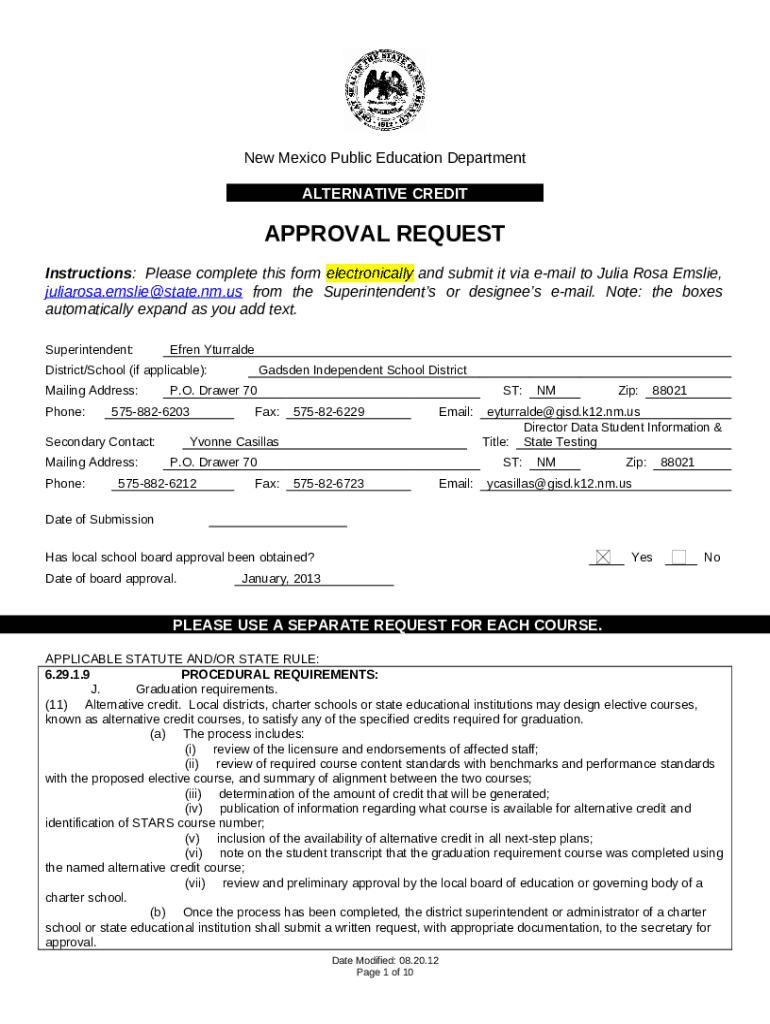How to Easily File Court Paperwork: A Step-by-Step Guide

Embarking on the journey of filing court paperwork can seem daunting at first, but with a clear roadmap, it can be a manageable task. Whether you're dealing with small claims court, family law matters, civil disputes, or other legal issues, understanding the basics of how to properly file court documents is crucial. Here's a detailed guide to help you through the process.
Understanding the Basics of Fourt Paperwork


Before you dive into the actual filing, it's important to understand the terminology and the types of court documents you might encounter:
- Complaint: A legal document filed by a plaintiff against a defendant to start a lawsuit.
- Answer: The defendant's response to the complaint.
- Motions: Requests for court to take specific actions.
- Summons: A document notifying a defendant that legal action has been filed against them.
Each court might have different forms and procedures, so familiarize yourself with your local court's requirements.
Step-by-Step Guide to Filing Court Paperwork

1. Identify the Correct Forms

Start by identifying which forms you need:
- Visit your local court’s website or clerk’s office to obtain the necessary forms.
- Ensure you have the most current versions, as forms can be updated periodically.
📌 Note: Some courts offer free legal aid clinics or self-help centers where you can get assistance in filling out forms.
2. Complete the Forms

Filling out forms correctly is crucial:
- Use black or blue ink.
- Be precise with all information; inaccuracies can delay your filing.
- Complete all fields. If something doesn’t apply, write “N/A” or “not applicable.”
- If you need more space, attach additional sheets and reference them on the original form.
3. Prepare Copies

| Document | Number of Copies Needed |
|---|---|
| Original Filing | 1 |
| Copies for Defendant | 1 for each defendant |
| Copies for Yourself | 1 or 2 for personal records |

4. File the Documents

Submission of your documents can be done in several ways:
- In Person: Deliver your documents to the court clerk’s office during business hours.
- By Mail: Some courts allow you to mail in your documents. Ensure you have proof of mailing.
- Electronically: If e-filing is available, use the court’s online filing system.
When filing:
- Ensure you have the correct filing fee if applicable.
- If you qualify for fee waivers, apply for them at the same time.
5. Serve the Documents

Once your documents are filed, they must be served:
- Personal Service: A sheriff, constable, or process server delivers the documents directly to the defendant.
- Mail: Sometimes mailing can suffice, especially for subsequent documents.
- Publication: As a last resort, in cases where the defendant’s whereabouts are unknown.
🗂️ Note: Proof of service, usually in the form of an affidavit of service, must be filed with the court.
6. Track and Respond to Responses

Keep track of deadlines:
- Monitor for any responses or counterclaims from the defendant.
- Be prepared to file any necessary responses or motions.
Summarizing the Journey

The process of filing court paperwork might seem intricate, but by understanding the basic steps and preparing thoroughly, you can navigate it successfully. From choosing the correct forms to serving documents correctly, each step ensures your case moves forward. Remember, courts offer resources to assist those representing themselves, so utilize these services when in doubt. Filing court documents is a process that demands attention to detail, but with the right approach, it’s something anyone can accomplish.
What happens if I miss a filing deadline?

+
If you miss a court filing deadline, you might face consequences like your case being dismissed or your claim being weakened. However, courts often have provisions for extensions or to excuse late filings for good cause.
Can I file court paperwork without an attorney?

+
Yes, many people file their court documents as pro se litigants (representing themselves). Courts typically provide resources to assist those without legal representation.
How long does the court filing process take?

+
The duration can vary widely based on court backlogs, complexity of the case, and how quickly documents are filed and served. Simple cases might take weeks, while more complex disputes could take months or even years.